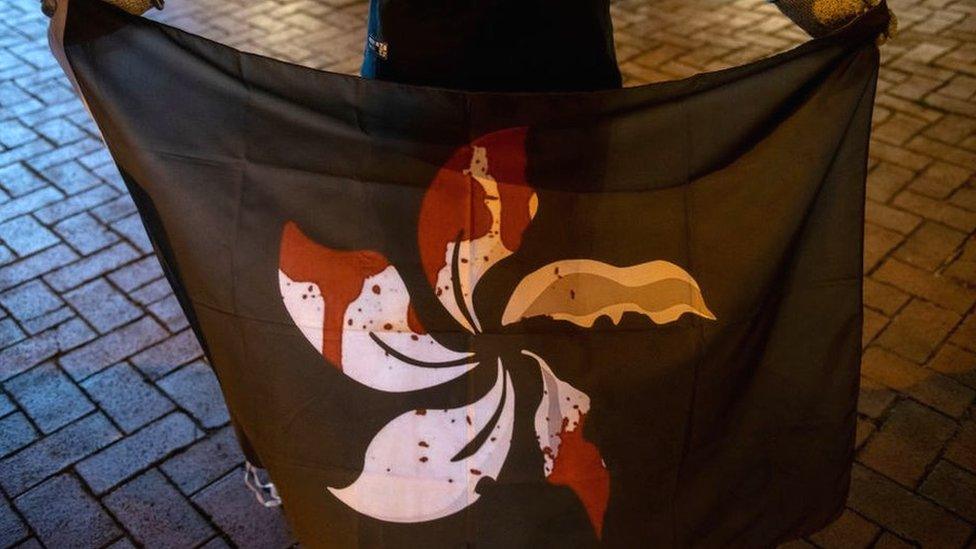China NPC: Beijing to overhaul Hong Kong electoral system
- Published
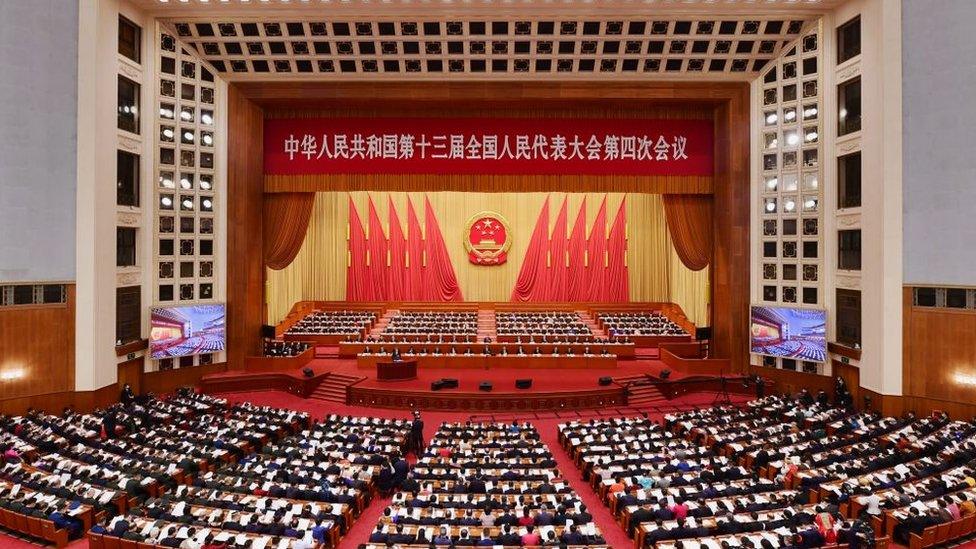
Thousands of lawmakers gathered as the annual NPC meeting began on Friday in Beijing
China's top law-making body has unveiled plans to ensure only "patriots" can govern Hong Kong, as Beijing tightens its grip on the city with changes to the electoral system.
Premier Li Keqiang, addressing the National People's Congress (NPC), warned the world not to interfere.
The move follows the imposition of a tough security law.
Critics say Beijing is crushing dissent and removing the "one country, two systems" agreement it made with the UK.
Under the agreement, Hong Kong, a former British colony, was allowed to continue with its own legal system and have rights including free speech and freedom of the press.
Lord Chris Patten, former governor of Hong Kong, said China's Communist Party had "taken the biggest step so far to obliterate Hong Kong's freedoms and aspirations for greater democracy under the rule of law".
The EU has warned that it may take "additional steps" over the plans announced on Friday.
It called on Beijing to "carefully consider the political and economic implications on any decision to reform the electoral system of Hong Kong that would undermine fundamental freedoms, political pluralism and democratic principles".
Fears that Hong Kong's "one country, two systems model" was being eroded led to huge pro-democracy protests in 2019. Some turned violent and Beijing imposed the National Security Law, which it said would target "sedition" and bring stability.
Thousands of lawmakers have gathered for the annual NPC meeting in Beijing. The rubber-stamp parliament is expected to also discuss and approve economic growth targets and environmental policies from the central government.
What's planned for Hong Kong?
NPC vice-chairman Wang Chen announced to the NPC that changes were needed as "the rioting and turbulence that occurred in Hong Kong society reveals that the existing electoral system has clear loopholes and deficiencies". He said "risks in the system" needed to be removed to ensure "patriots" were in charge.
Premier Li warned that China would "resolutely guard against and deter" interference by external forces in Hong Kong's affairs.
The week-long NPC will discuss the elections issue and no text has yet been made public, although Mr Wang and media sources did set out some areas to be discussed.
The city's heavily pro-Beijing electoral committee would get new powers over the parliament, or Legislative Council (LegCo).
The committee would effectively be able to vet all LegCo candidates and elect many of its members, diluting the number directly elected by the public.
Ian Chong, politics professor at the National University of Singapore, told the BBC: "In 2019, the pan-democrats did extremely well [in local elections], which was alarming to the CCP [Chinese Communist Party], because it showed that all their negative rhetoric didn't seem to be working.
"I think for the CCP, they really want to remove the voices that they don't like to hear."
Willie Lam, China analyst at the Chinese University of Hong Kong, told the AFP news agency that if the new NPC measures passed as he expected they would "effectively wipe out any remaining opposition".


It's kind of incredible that the Chinese government felt the need to change what was already an electoral system heavily rigged in favour of the pro-Beijing camp.
With only half the members of the territory's mini parliament directly elected, and the other half installed by political allies, why the change?
What must have spooked the Communist Party was the drubbing handed to them at the hands of pro-democracy candidates at the most recent district council elections - with those advocating democratic reform taking control of all but one municipality.
Now, after the coming electoral "rebuild" is ushered in - and it will be, given that it has been introduced to the rubber-stamp National People's Congress process - there won't be even the pretence of democratic elections in Hong Kong.
An election committee - controlled by Beijing - will not only screen all candidates standing in elections, but also directly appoint "a large proportion" of the Legislative Council.
It will be almost impossible for any candidate advocating democratic change to be elected to office - and that's the way China's senior leadership likes it.
Hong Kong security law: The BBC's Stephen McDonell explains what it means, and what people there think

How has the pro-democracy campaign been targeted?
The Basic Law, agreed with the UK before the return of sovereignty in 1997, allowed for an "ultimate aim" of universal suffrage, including the choice of leader, or chief executive.
Subsequent NPC Standing Committee rulings, however, ensured Beijing would have control over who was appointed.
Pro-democracy moves continued and came to a head with mass rallies in 2019. Last year, Beijing imposed the security law.
Scores of arrests have been made. Last week, 47 pro-democracy activists were charged with "subversion" under the new law and could face life in prison.
They were involved in preparations for last year's LegCo elections, which the government then postponed.
Benedict Rogers, chief executive of Hong Kong Watch, an NGO that monitors developments in the city, said: "Under these reforms, the majority of Hong Kongers face permanent political disenfranchisement, with any candidate who offers criticism of Beijing or support for Hong Kong's autonomy and democracy effectively barred from participation.
"Of course, most of the democratic slate [protesters] are now in jail anyway," he said in a statement, external.

Some 47 pro-democracy activists were charged with subversion last weekend
What is the NPC and what will it do?
The annual meeting has nearly 3,000 delegates representing provinces, autonomous regions, and the special administrative regions of Hong Kong and Macau.
While the NPC in theory is the country's most powerful institution, in reality the lawmakers usually end up approving plans and policies decided beforehand by the central government.
On Friday, Mr Li said the country had set its economic growth target at above 6%. and updated the NPC on climate control targets.
Over the next few days, the congress will also formally approve the 14th Five-Year-Plan - the economic strategy for the country.
President Xi Jinping is also likely to highlight China's achievement in "eradicating absolute poverty" - something the country announced last week.
Prof Chong told the BBC that the "success of China in dealing with Covid" was also set to feature large.
The pandemic is largely under control, and for the majority of people, life has gone back to normal.
Reporting by Yvette Tan
Related topics
- Published5 March 2021
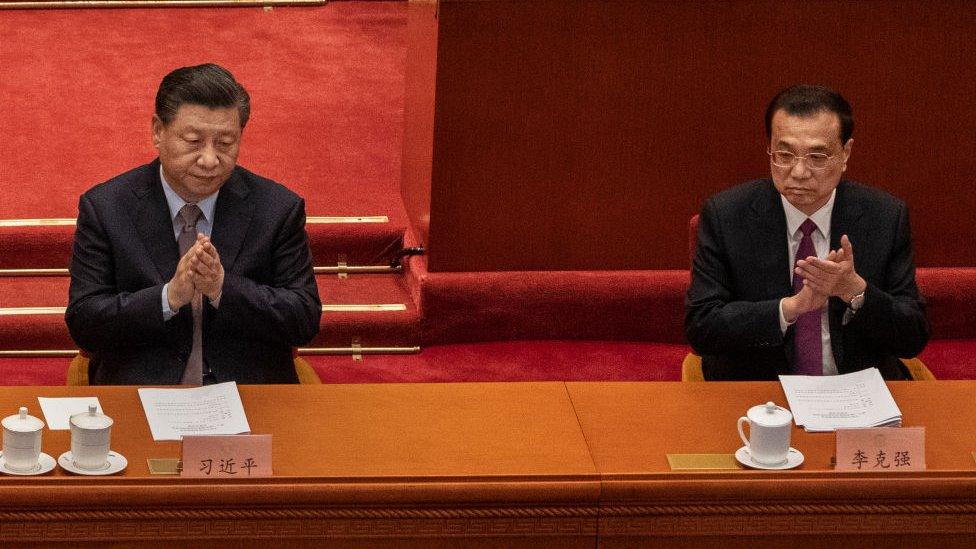
- Published26 October 2020
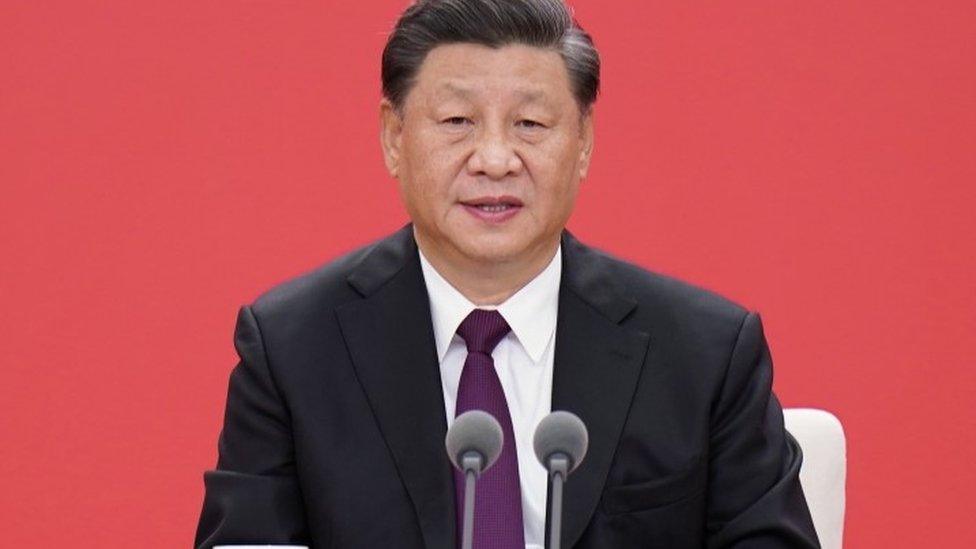
- Published22 May 2020
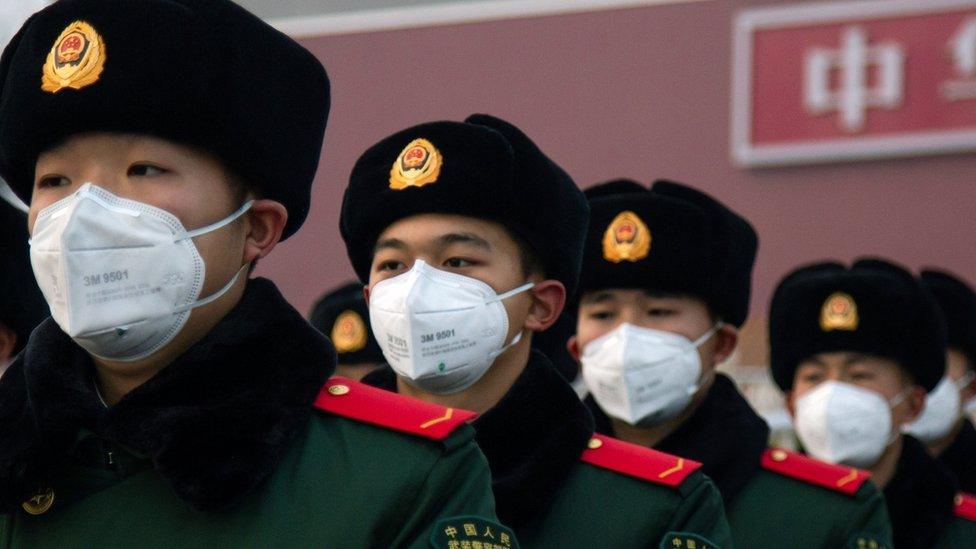
- Published11 March 2018
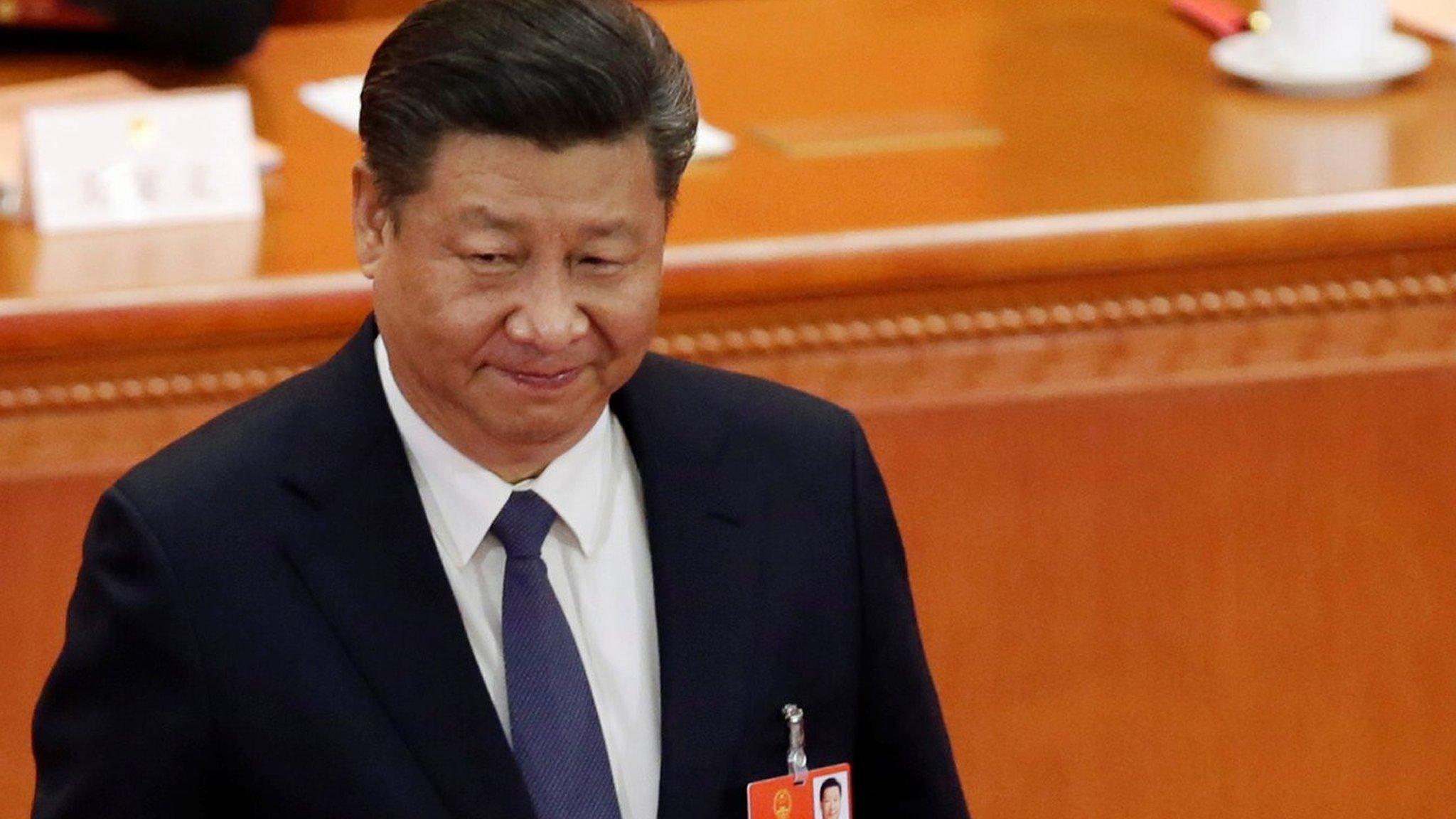
- Published1 March 2021
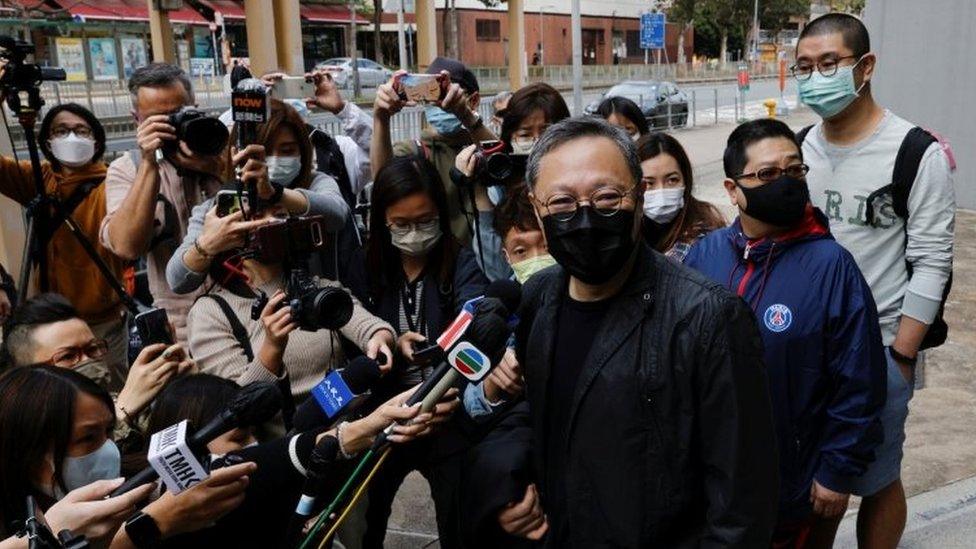
- Published19 March 2024
